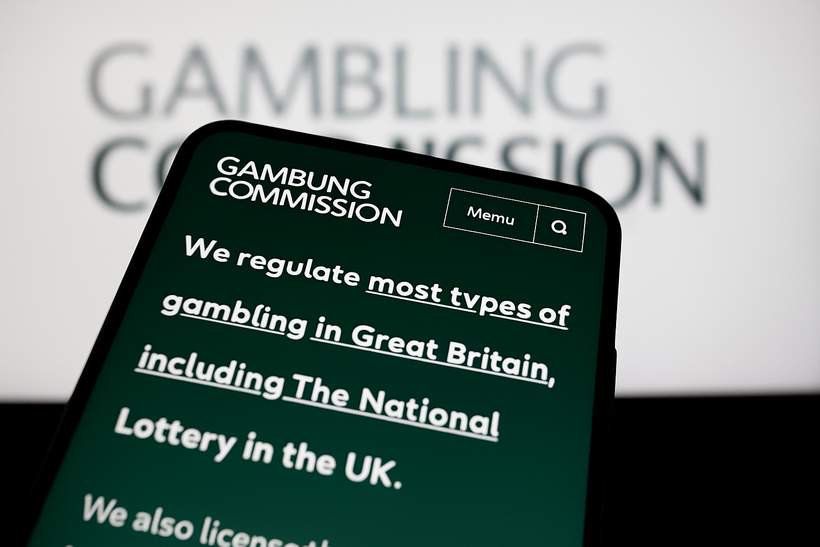UK Gambling Commission Acknowledges GSGB Shortcomings, Commits to Enhancements

UK Gambling Commission Addresses Concerns Over GSGB Survey
The UK Gambling Commission (UKGC) has responded to criticism regarding the reliability of its Gambling Survey for Great Britain (GSGB). While admitting that the survey is not without its faults, the commission emphasized the vital role the survey plays in measuring gambling-related harm.
Office for Statistics Regulation Highlights Need for Improvements
The UKGC faced scrutiny from the Office for Statistics Regulation (OSR), which evaluated the survey’s adherence to the Code of Practice for Statistics. The OSR recognized the substantial effort the UKGC invested and praised the engagement of independent expert Professor Patrick Sturgis. However, the regulator suggested that further work is essential to address identified shortcomings, based on Sturgis’ recommendations.
The OSR cautioned that the current presentation of the GSGB statistics might exaggerate the extent of problem gambling in the UK. It stressed the importance of better understanding and clearly communicating the uncertainties inherent in the survey’s estimates to support appropriate use of the data.
UKGC Accepts Survey Flaws but Stresses Its Value
The UKGC acknowledged that the GSGB data has been misinterpreted or misused by some political figures, but nonetheless reaffirmed the survey’s significance. The commission committed to continuous refinement of the methodology to enhance accuracy and reliability.
Ben Haden, director of research and statistics at the UKGC, commented on the challenges involved in revising baseline official statistics, noting that it takes time for stakeholders to adapt to new data sources, particularly in a sensitive area like gambling.
Despite acknowledging limitations, Haden expressed satisfaction with the survey’s initial impact, highlighting its wide usage among researchers, policymakers, the media, and politicians. He assured that efforts would continue to bolster public confidence in the findings.
Haden also described ongoing work by his team, including addressing user questions, engaging with data users, and further analyzing the survey results to facilitate improvements.